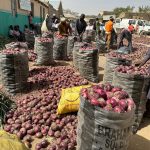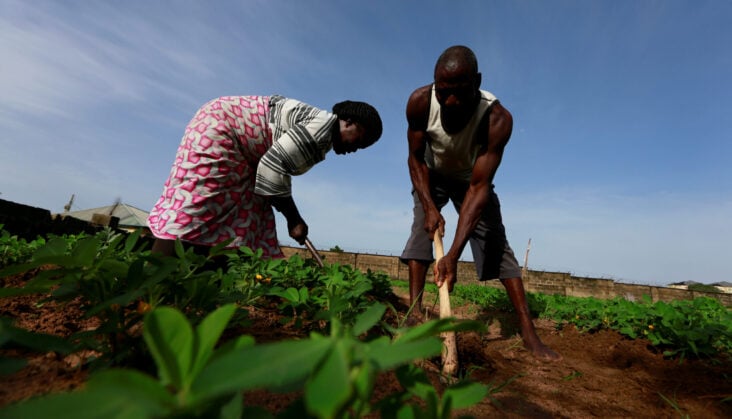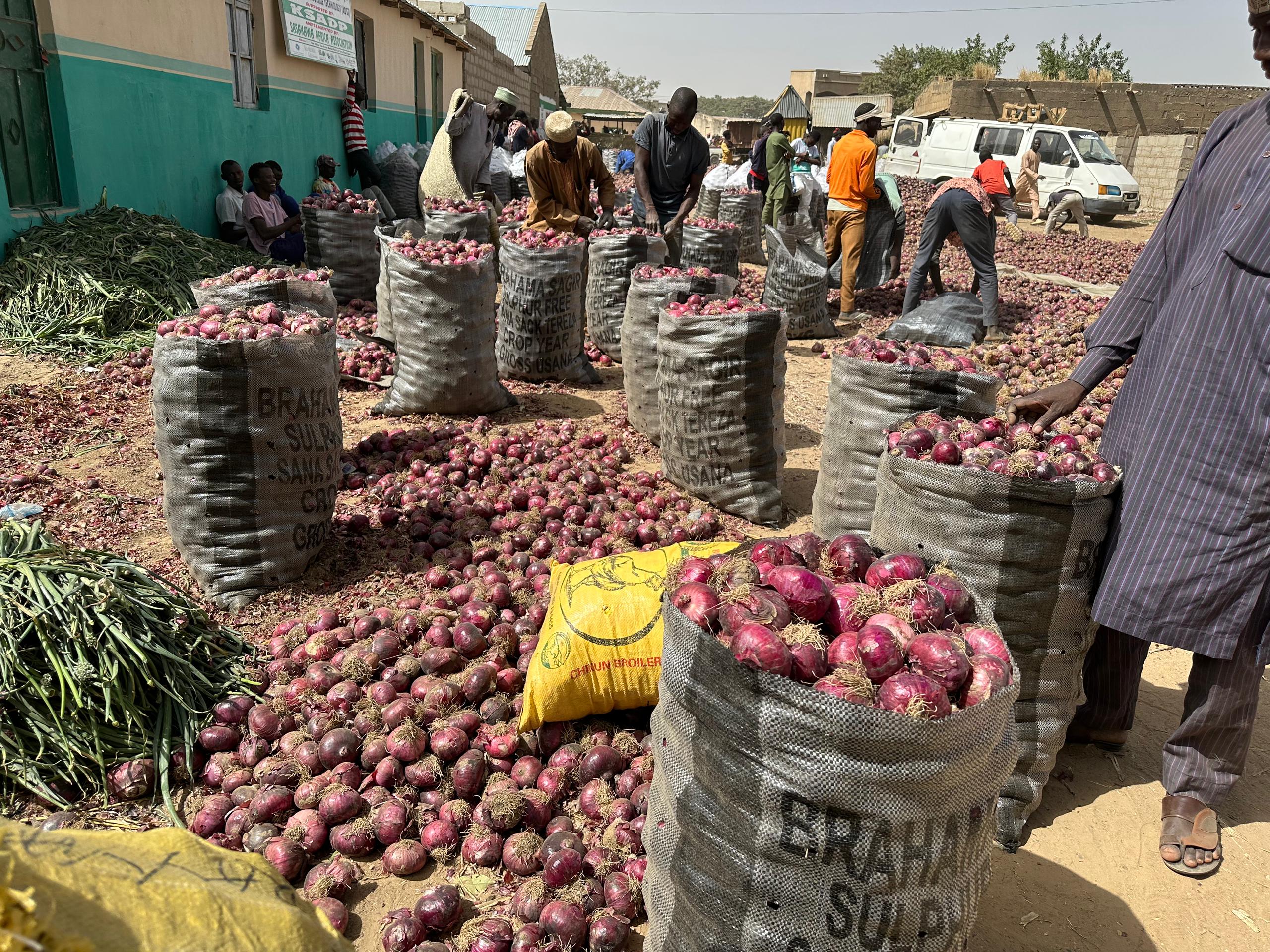Data on the Gross Domestic Product, GDP report has shown that Nigeria’s agric growth slowed to 1.4 percent in the second quarter of 2024 on worsening insecurity and rising production costs, On a year-on-year basis, the sector grew by 1.41 percent in real terms from 1.50 percent, a decrease of 0.09 percent points from the corresponding period of 2023, while on a quarter-on-quarter basis, the sector recorded a growth rate of 0.18 percent.
Speaking in an earlier interview, the chief executive officer of the Centre for the Promotion of Private Enterprise, Muda Yusuf said “Insecurity is a national issue that has become a big problem for the industry. It has led many farmers to abandon their farms, leading to rising food inflation.” Until Nigeria tackles its insecurity issues, its food sector will continue to be under pressure.”
“At one point, agric growth is still very low. Nigeria has reached the level where the agric sector should grow above three percent.
The National Bureau of Statistics, NBS report showed that the agric sector contributed 22.61 percent to overall GDP in real terms in the period under review, lower than its contribution in the second quarter of 2023 at 23.01 and higher than the first quarter of 2024 which stood at 21.07 percent.
Also, agriculture was the third highest contributor to non-oil growth in the period under review after financial institutions and information and communication. In its four sub-sectors, crop production remained the largest driver accounting 87.48 percent (N9.8 trillion) of the overall nominal value of the sector in Q2 of 2024.
So, how are the farmers able to do this? The report said, “Farmers now engage private security agencies to secure their farmlands, their crops and even themselves,” Kola Aderibigbe, chairman of Agro-Allied Sector, Lagos Chamber of Commerce & Industry, said in an earlier interview.
“They have to secure their lives as well whenever they go to the farms, which are not viable for agriculture.”
Another report by SBM Intelligence, an Africa-focused market and security intelligence consultancy, says over 1,356 farmers in northern Nigeria have lost their lives to banditry attacks between 2020 and 2024.
This report reflects how insecurity is not only affecting food production – a major driver of all-time high food inflation, but also scaring investors from putting their money in the sector.
Folorunsho Olayemi, chief executive officer at Sammorf Agro-Consult Limited, said the cost of cultivating a hectare of farmland has tripled with surging input costs and so has labour as well as other factors relating to production.
“Farmers are now reducing their production area owing to the rising production costs and insecurity and it is causing surging food prices,” he said.












